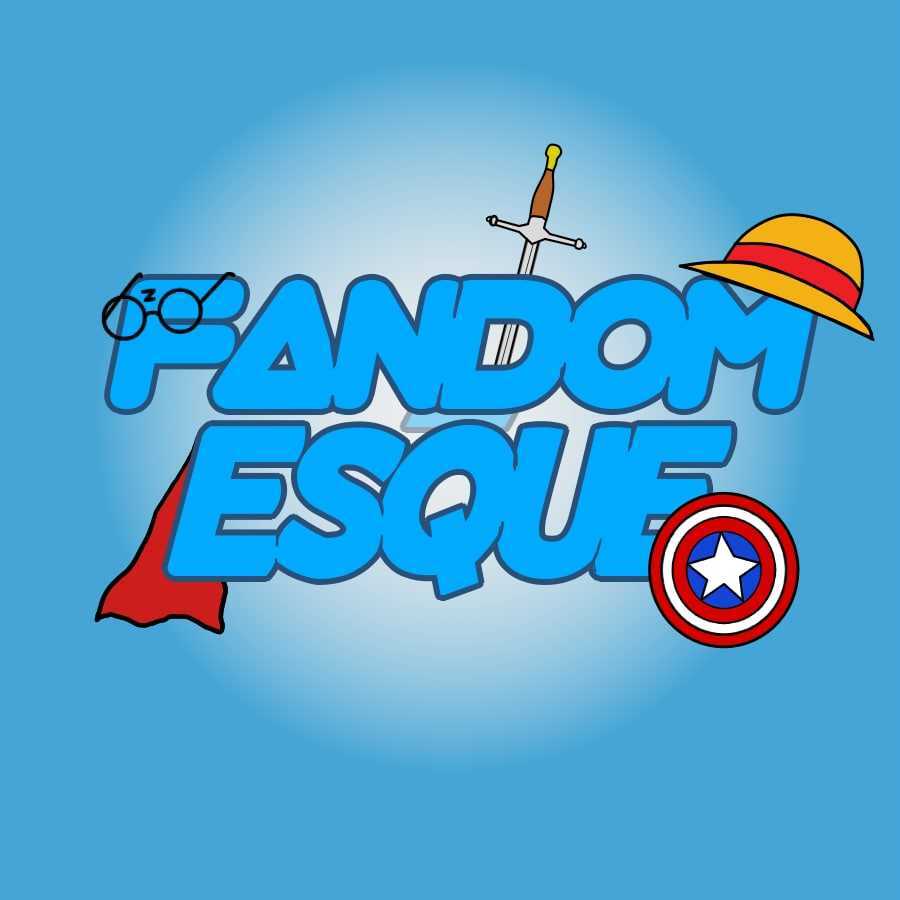Fandom-esque | The case against J.K. Rowling, and how to enjoy ‘problematic’ media
Fandom-esque is a biweekly blog about the fandoms of the pop culture sphere and their latest ongoings in TV, film and more.
September 25, 2022
In the early days of the COVID-19 pandemic, I did something I swore I would never do — watch the Harry Potter movies.
I never really wanted to watch Harry Potter. I didn’t read the books growing up, and what I knew about the franchise always seemed a little too “out-there” for me.
But those early pandemic days brought out strange things in people, and while others were indulging in “Tiger King,” I was curled up in a blanket on my bed squinting through the slog that is “Harry Potter and the Deathly Hallows: Part 1.”
I understand why people like the franchise. It’s quirky, and the movies hoist a talented cast of actors who smooth down the rougher edges of J.K. Rowling’s writing faults. And yet many years later after the original Harry Potter series has concluded, the franchise remains fixated in many minds, and not just because of its cultural impact — but because of its author.
Yes, Rowling to this day digs her own grave on social media with her biases.
Rowling has a long history of transphobic opinions that on their own could turn me away from her work, but anyone with basic reading comprehension can see the racist and anti-semitic undertones she employs in the Harry Potter books. She literally named her one Asian character Cho Chang — she’s not even subtle about it.
Recently she’s been criticized for the subject matter of her new book, released under the pseudonym Robert Galbraith, in which the protagonist — a popular cartoonist — is harassed online for her most recent cartoon which “online trolls” call racist and transphobic.
Wow, I wonder where she got that idea from.
It will continue to baffle me how if Rowling literally just kept her mouth shut and collected her multi-million dollar paychecks every month, she could have passed through history as the patron saint of children’s books.
So how do queer and BIPOC fans navigate life as a Harry Potter fan when the author stands against everything they live for? Well, I have two suggestions.
One, don’t buy anything she makes money off of. We live in the wonderful age of the internet. You can pirate her books online if you want to read them so badly. All of her movies, including the Fantastic Beasts franchise, are on HBO Max, so at least you won’t be paying her directly. When a new movie comes out, don’t buy a movie ticket and wait until you can get it for free online.
Most importantly, do not go to the Wizarding World amusement parks at Universal Studios in Orlando, Hollywood, Osaka and Beijing. These parks are where she gets most of her income these days, along with the Harry Potter website, Pottermore.
Two, don’t interact with the canon material. The wonderful part of being in a fandom is that you can bend and manipulate the source material to whatever suits your needs. Whether you’re making fanart, writing fanfiction or consuming all of the lovely content that your fandom has to offer — you don’t ever have to watch the movies or read the books ever again.
One of the most interesting Harry Potter fandom quirks I’ve come across on the internet, particularly on TikTok in recent years, is the prevalence of the sub-fandom focused on the “Marauders’ Era.”
The Maurauders is a name for the group of friends in the generation before Harry Potter, including James Potter, Sirius Black, Remus Lupin and Peter Pettigrew. These characters all have relatively minor roles in the Harry Potter books, but fans wrote them sagas of their own set decades before Harry Potter was even born.
The Marauders’ fandom received a resurgence in popularity in 2020 on TikTok due in part to the popularity of “All The Young Dudes,” which was the first work of fanfiction on ArchiveofOurOwn, a popular open-source fanfiction repository, to reach 2 million hits.
To give you an idea of how popular this fandom within a fandom is, the most popular romantic ship within Marauders — Sirius Black and Remus Lupin — has, as of Saturday, 33,441 fanfictions on ArchiveofOurOwn. And that’s just one website.
Interacting in spaces like this gives Rowling no money or satisfaction, and it fosters a community of people who have similar interests and values without catering to the problematic canon material. Make up your own stories, people — fanfiction has long been legal and is protected by sites like ArchiveOfOurOwn. If you really can’t give up your Wizard World, add your own spin to it.
Overall, I’d say this is a pretty solid policy to adopt for other problematic authors or actors as well. Rowling isn’t the only controversial figure in the Wizarding World. Johnny Depp, who played Gellert Grindelwald in the first two Fantastic Beasts movies, was under intense public attention this summer during his defamation trial with ex-wife Amber Heard.
Mads Mikkelsen replaced Depp in the third film, and my Hannibal bias notwithstanding, I’ve only heard good things about the re-casting.
Ezra Miller, who also has a place in the Fantastic Beasts franchise, has faced scrutiny lately after a series of arrests and supposed breakdowns while filming DCEU’s “The Flash.”
What media you consume is up to you, and it’s your job to police what you watch in defense of the values you uphold. In the grand scheme of things, I believe Rowling does more damage to the world with her rhetoric than Depp or Miller has. Either way, engaging solely in fandom activities is a great way to stay clear of it all.



